This week on How on Earth we look at the scientific research into the lifespans of Americans.
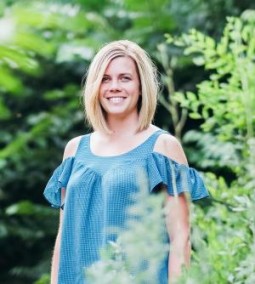
Mortality trends in America (start time 4:05): We speak with Andrea Tilstra, who co-authored a recent paper on mortality trends in America. Tilstra is a co-author of a recent study published in the International Journal of Epidemiology. Her team’s paper is titled “Explaining recent mortality trends among younger and middle-aged White Americans.”
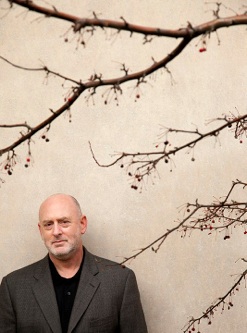
Life expectancy in America (start time 12:40): Next, we speak with Jay Olshansky, who ten years ago first predicted the recently observed drop in life expectancy in America. Olshansky is a world renowned expert in the Science of Aging. As for his crystal ball – well, it has little to do with magic, and more to do with his understanding about how our cells work, and how they age. It also helps that he understands statistics.
Hosts: Alejandro Soto, Joel Parker, Shelley Schlender
Additional Contributions: Beth Bennett
Producer: Alejandro Soto
Engineer: Joel Parker
Executive Producer: Alejandro Soto
Listen to the show:
Podcast: Play in new window | Download (Duration: 26:49 — 24.5MB)
Subscribe: RSS

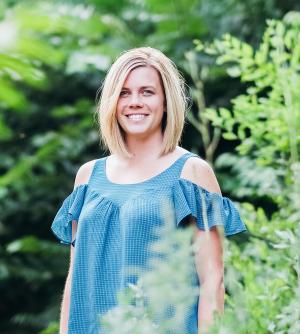


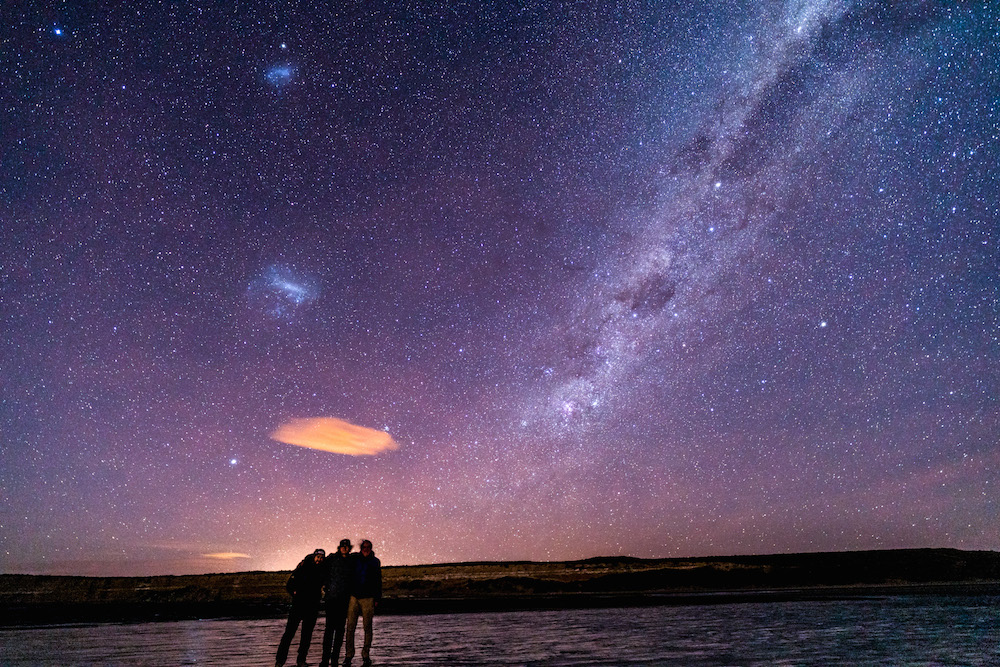


 Today’s show offers the following feature:
Today’s show offers the following feature:

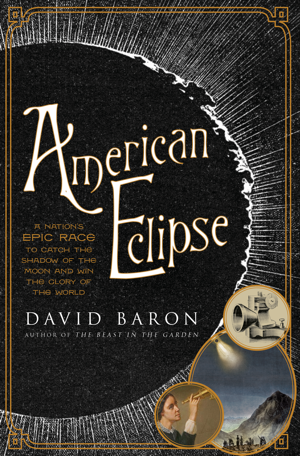
 This August 21st, some parts of the Earth will be plunged into darkness in the middle of the day. It will be a solar eclipse; the moon’s shadow will cross the United States from Oregon to South Carolina, with the path closest to Colorado passing through Wyoming and Nebraska.
This August 21st, some parts of the Earth will be plunged into darkness in the middle of the day. It will be a solar eclipse; the moon’s shadow will cross the United States from Oregon to South Carolina, with the path closest to Colorado passing through Wyoming and Nebraska.
 With graduation season is upon us, or in many cases in the rearview mirror, today’s edition of How on Earth is the second of a two-part “Graduation Special”. Our guests in the studio today are scientists who recently graduated with – or soon will receive – their Ph.D. They talk about their thesis research, their grad school experiences, and what they have planned next.
With graduation season is upon us, or in many cases in the rearview mirror, today’s edition of How on Earth is the second of a two-part “Graduation Special”. Our guests in the studio today are scientists who recently graduated with – or soon will receive – their Ph.D. They talk about their thesis research, their grad school experiences, and what they have planned next. Abby Koss
Abby Koss Matteo Crismani
Matteo Crismani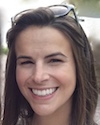
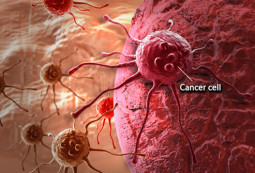
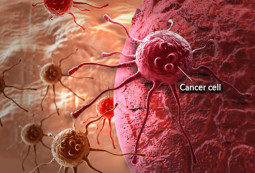
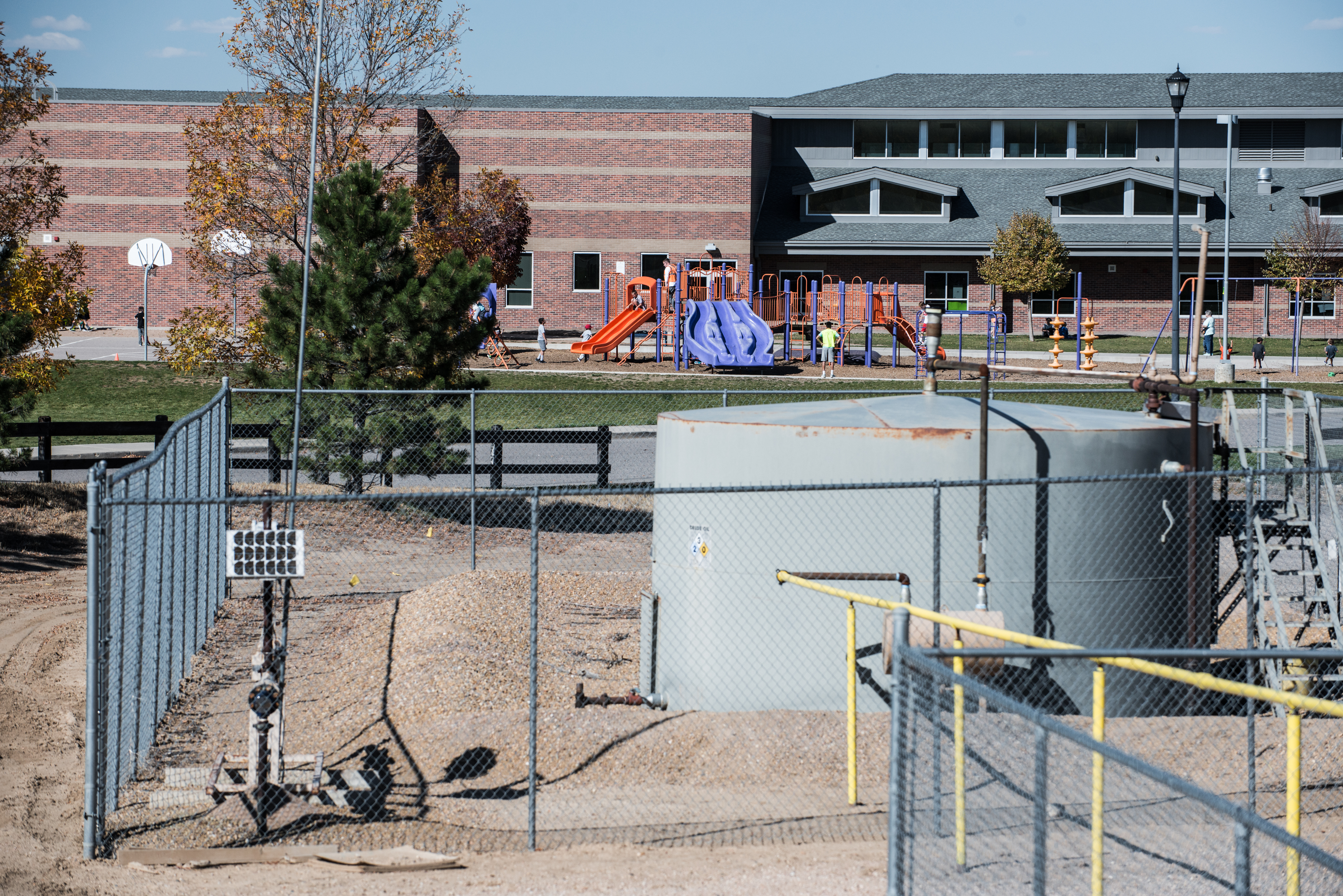
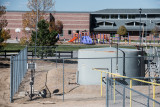
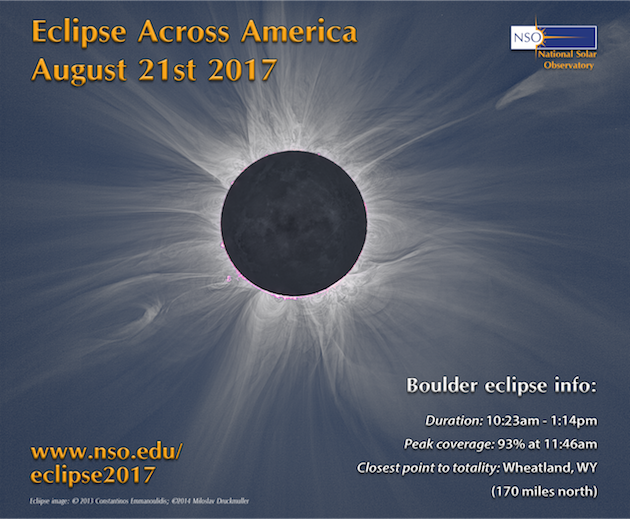
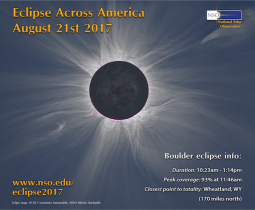
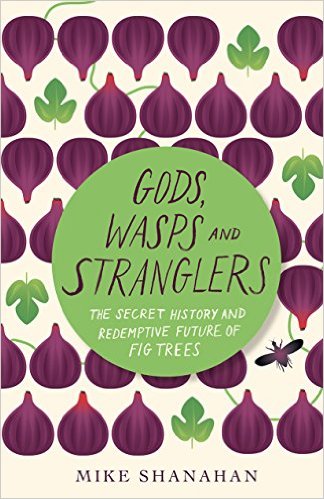
 Today’s feature has How on Earth’s Beth Bennett talking with Dr. Mike Shanahan, a biologist who has a degree in rainforest ecology. He has lived in a national park in Borneo, bred endangered penguins, and investigated illegal bear farms. His writing has appeared in
Today’s feature has How on Earth’s Beth Bennett talking with Dr. Mike Shanahan, a biologist who has a degree in rainforest ecology. He has lived in a national park in Borneo, bred endangered penguins, and investigated illegal bear farms. His writing has appeared in